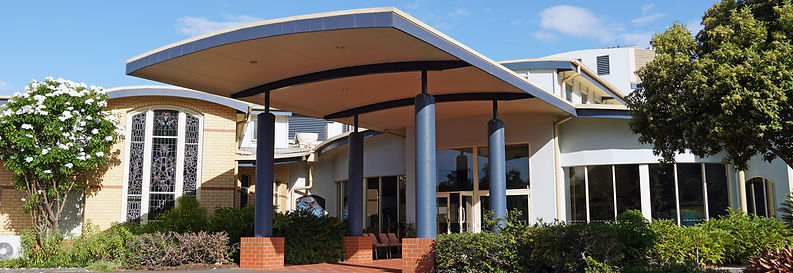The birth of the Church
- CKCC Community

- Jun 9, 2019
- 2 min read
What does it mean to belong this Pentecost Sunday?
In the Pentecost story, the Holy Spirit comes upon those fearful disciples and they are empowered to speak some 15 different languages not their own. And not just any foreign languages. The Spirit empowers them specifically to speak the languages of the “devout Jews from every nation” in Jerusalem (verse 5). Just imagine Parthians, Mesopotamians and Cappadocians, as immigrants or visitors in Jerusalem, hearing their mother tongues spoken for perhaps the first time in years!
This gift of the Holy Spirit that marks the birth of the church is a gift expressly for those outside the Jesus movement, those who had lived displaced in a language-world not their own. It is a spiritual gift given not for the disciples themselves, but for the outsiders listening. God’s gift reaches outward to those outside of this immediate circle of Jesus followers. We’re told that the people think they are crazy and drunk, and they laugh at them (verse 13). Peter responds to the sneer-ers by calling on the ancient prophetic tradition. He doesn’t hesitate to claim this Pentecost experience as the fulfillment of the prophet Joel’s inspiring vision of what is looks like for God’s Spirit to be poured out “on all flesh” (verses 17-21). “All flesh” means young and old, women and men, slave and free. All will prophesy, which means speaking God’s word into reality.
The foundation upon which our community of faith is built is none other than God dwelling within us all. The Spirit is responsible for fashioning this community, which Henri Nouwen distinguishes as an entity ‘not built upon mutual compatibility, shared affection, or common interests, but upon having received the same divine breath, having been given a heart set aflame by the same divine fire and having been embraced by the same divine love. The God-within is the one gathering us together into communion and bringing us into unity.
Rev Janet Staines




%20.jpg)

.jpg)


Comments